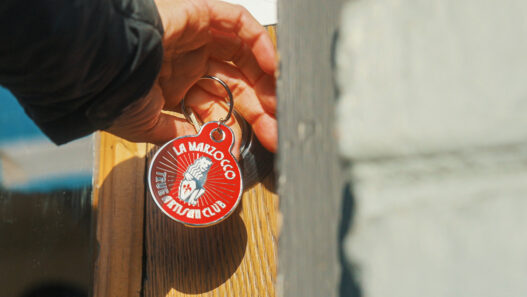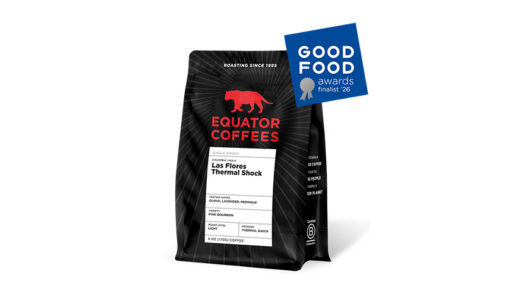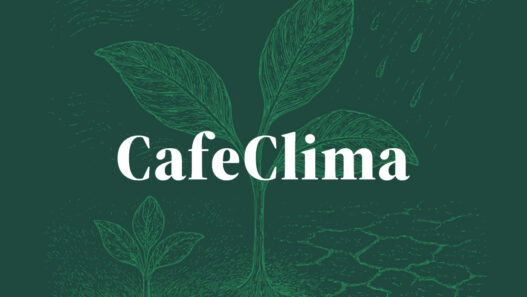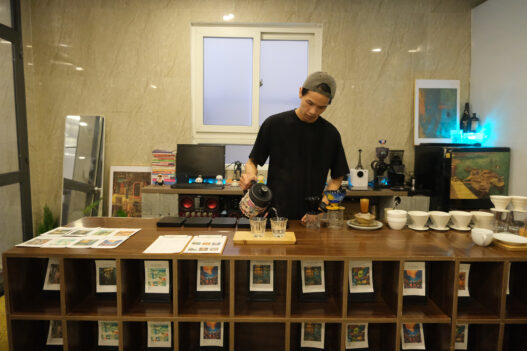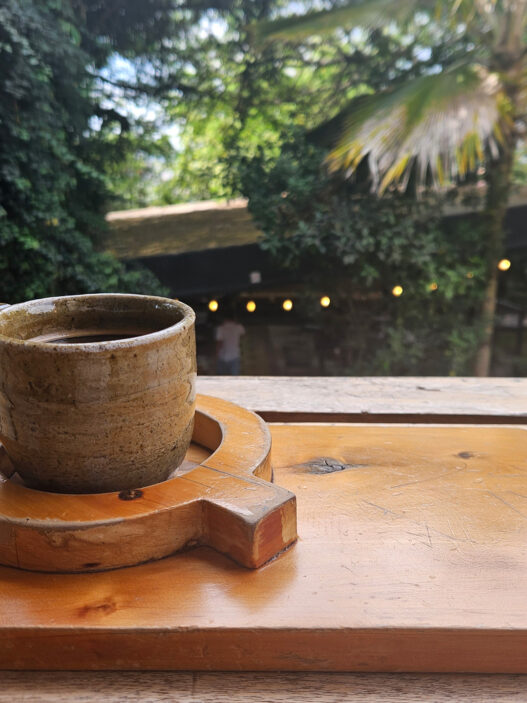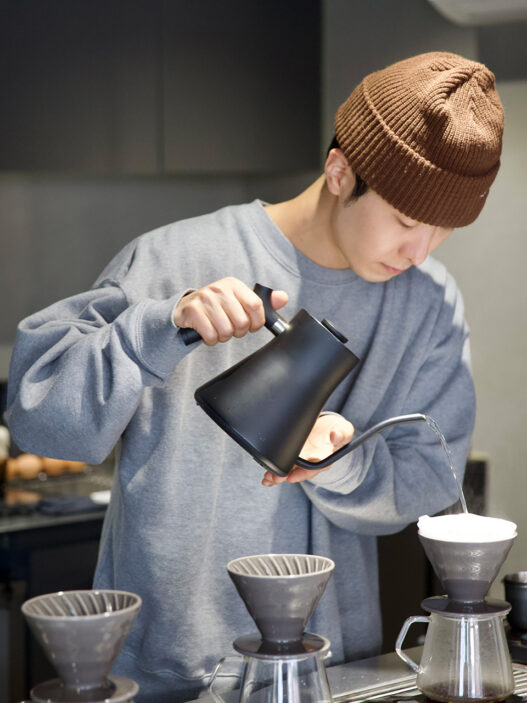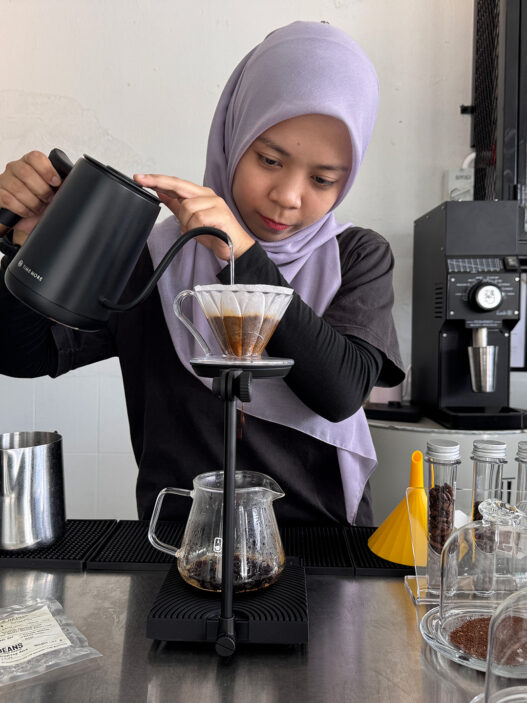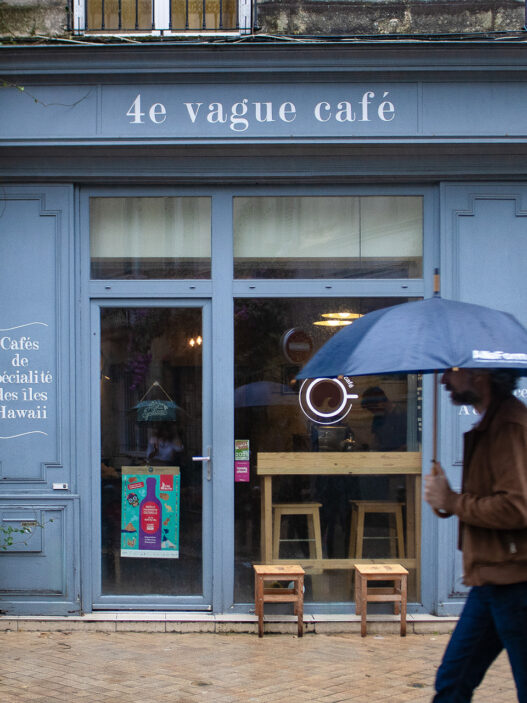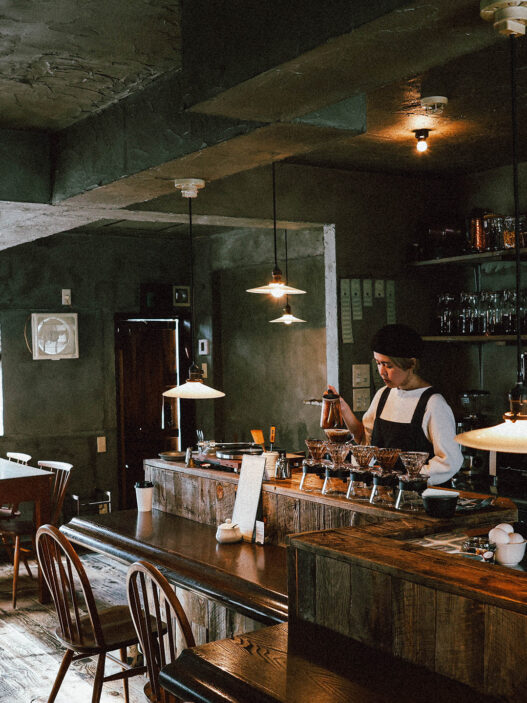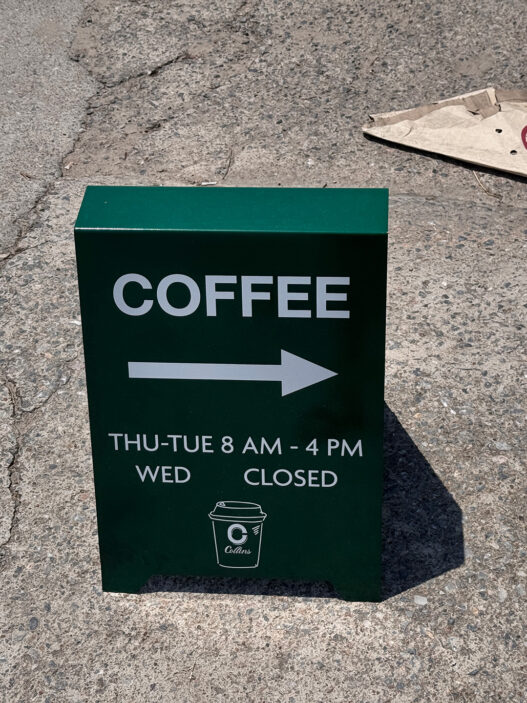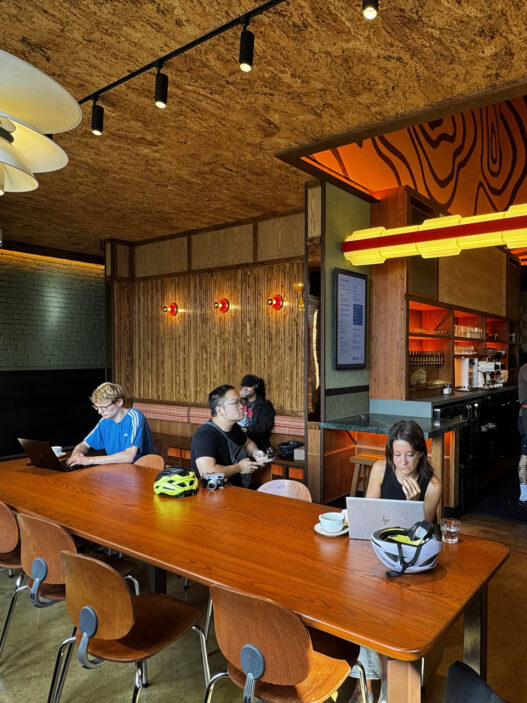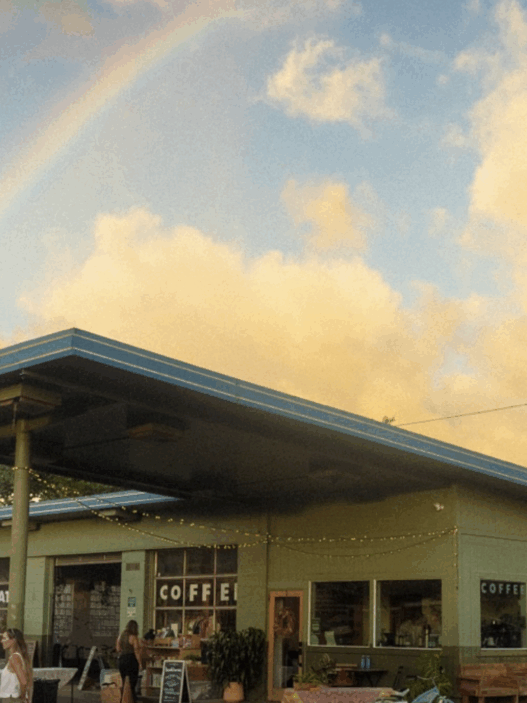Vietnam’s third largest city is Da Nang, and over the last decade has grown into something of a digital nomad hub. This city of 1.2 million so laid back that people have taken to the nickname “Chiang Mai by the Sea” comparing it to the Northern Thai city with a spiritual vibe (and an excellent coffee scene). You’ll find people working on their laptops pretty much everywhere you go in Da Nang, but this coastal city surrounded by rolling hills is much more than that.
Most remote workers and tourists flock to Da Nang’s busy seaside, where streets are lined with Western-style cafes, modern coffee shops, seafood restaurants, studio apartments, and local pho noodle stands. There are also pockets of the city with a distinctive Korean feel: Korean grocery stores, KBBQ, and excellent Korean restaurants. And across Da Nang’s famed golden Dragon Bridge is where the city is at its liveliest, with large markets, weekend screenings of football games, street food, and of course, coffee.

Vietnam is, of course, now the world’s second-largest coffee producer, with more than 90% of it being Robusta. Coffee is—quite truly—part of the Vietnamese identity, and Da Nang doesn’t shy away from it. You’ll find coffee everywhere you go here, ranging from hole-in-the-walls and street carts open until midnight, to chic espresso bars with a host of different blends, in-house roasters, and home-baked pastries.
In this guide, we mention five coffee shops in Da Nang, covering the city’s tourist-oriented establishments as well as places where locals go. Compared to other cities in Vietnam, Da Nang is quite small, so getting around these places is a breeze. Hop on a bike or get a taxi, and a great coffee scene awaits you.
O2o First Roast
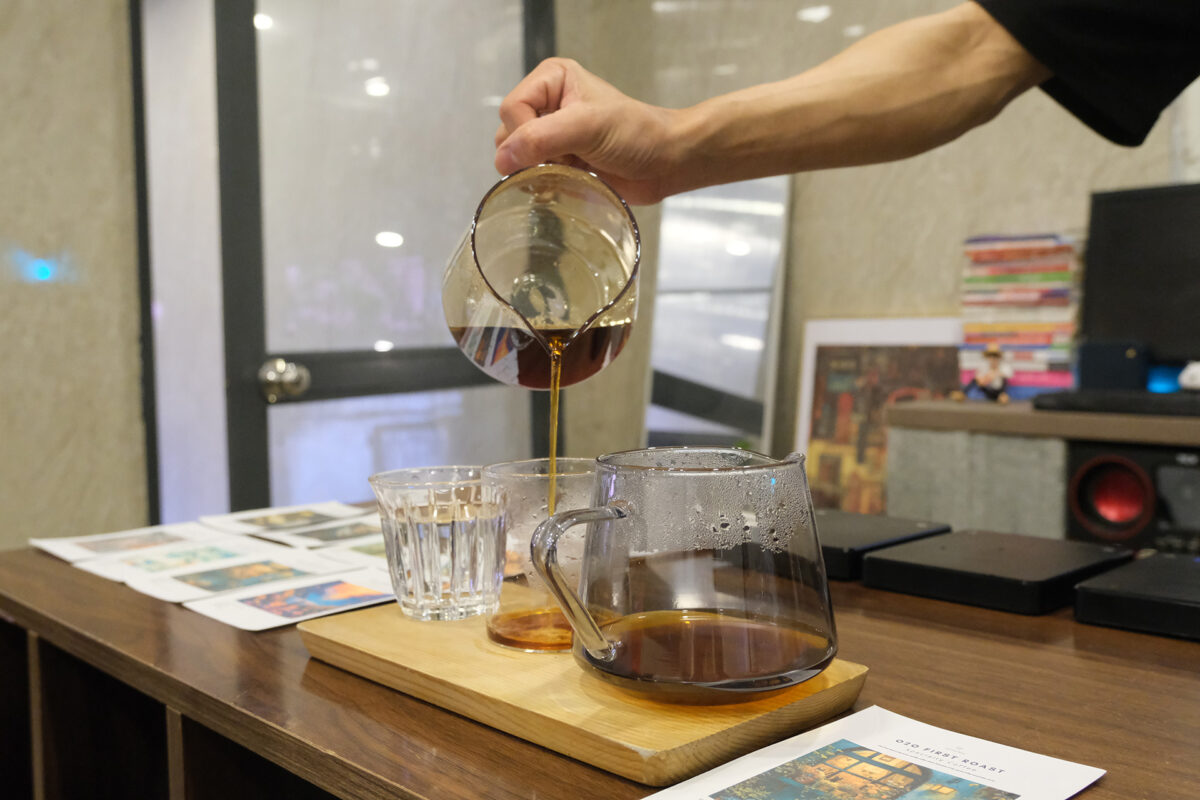
The thing about O2o is that it’s a little discreet. It feels like a speakeasy bar, and if you’re the type of person—like I once was—who judges coffee shops by their design, you’ll easily walk past this one. It’s not the kind of cafe that you would stop for an Instagram photo, but what it lacks in impression it makes up for in great coffee.
Da Nang’s main thoroughfare drags into its side streets and O2o sits in one of those leafy bylanes, housed within the first floor of a residential-looking building. Climbing up, you’ll come to a small space with a sofa by the counter. The shop’s owner is chatty and loves anime, a fact you’ll notice when you flip through the pages of the cafe’s specialty coffee profiles, which are themed around Japanese animation movies.
The coffee is generally medium-to-light roasted, with rotating single-origin Ethiopian heirloom beans, and specialty batches from Kenya, Rwanda, and Vietnam. I found my cold brew with lemon to be exceptional: slightly acidic with hints of floral, orange, and raspberry notes. O20 makes a great matcha with lemon and gin, too.
Puna Coffee
It’s not an exaggeration to say that Da Nang has a coffee shop on every street. But Puna is special as it has the kind of charm to make you feel at home: think rustic wooden interiors, terracotta floors, floral tablecloths, and the warm, earthy aroma of coffee.
Puna is smack-bang in the middle of Da Nang’s tourist buzz and shares the neighborhood with design-led cafes, local food joints, bakeries, and vintage thrift shops, so you’ll expect a lot of tourists here and digital nomads working all day with their laptops. But this cozy cafe is entirely Vietnamese-owned and run. They roast their coffee in-house, with beans imported from Colombia, Ethiopia, Kenya, and other parts of the world. There’s also a selection of locally grown Arabica and Robusta from Vietnam’s northern and central mountains; and Puna’s Ethiopian and Vietnamese specialty blend with a rich, complex mix of chocolate, plum, and caramel. Some of these are available for sale, so look for those front-of-the-house shelves stocked with take-home coffee packs. And as one of the baristas put it, despite Vietnam’s reputation for its homegrown Robusta, “many young people now go for Arabica.”

You’ll also get cute oolong tea sets, cookies stuffed with pineapple preserves, fresh-off-the-oven carrot cakes, and moist cheesecakes that instantly make you smile. The all-day breakfast menu is quite outstanding, too, with pancakes, egg benedicts, and smoothie bowls. And if you, like me, love people-watching, grab one of their outdoor seats.
Indigo

Not many tourists—and even remote workers—who visit Da Nang make it to the Hai Chai District, but this part of the city is worth visiting. Here you’ll find an eclectic collection of businesses ranging from pizzerias to coffee shops to 6:00am breakfast spots where Vietnamese aunties serve bò né (sizzling beef steak and eggs plated with a baguette). To get here, you’ll need to walk—or ride a bike—over one of the bridges that connects the two banks of the Han River.
And a couple of blocks away from the riverfront’s walking path where locals go for their daily stroll, you’ll find Indigo. It’s housed in the same building as M Village Hotel, right opposite the city’s pink cathedral with stained-glass windows and only a couple of blocks from the famous Han Market.
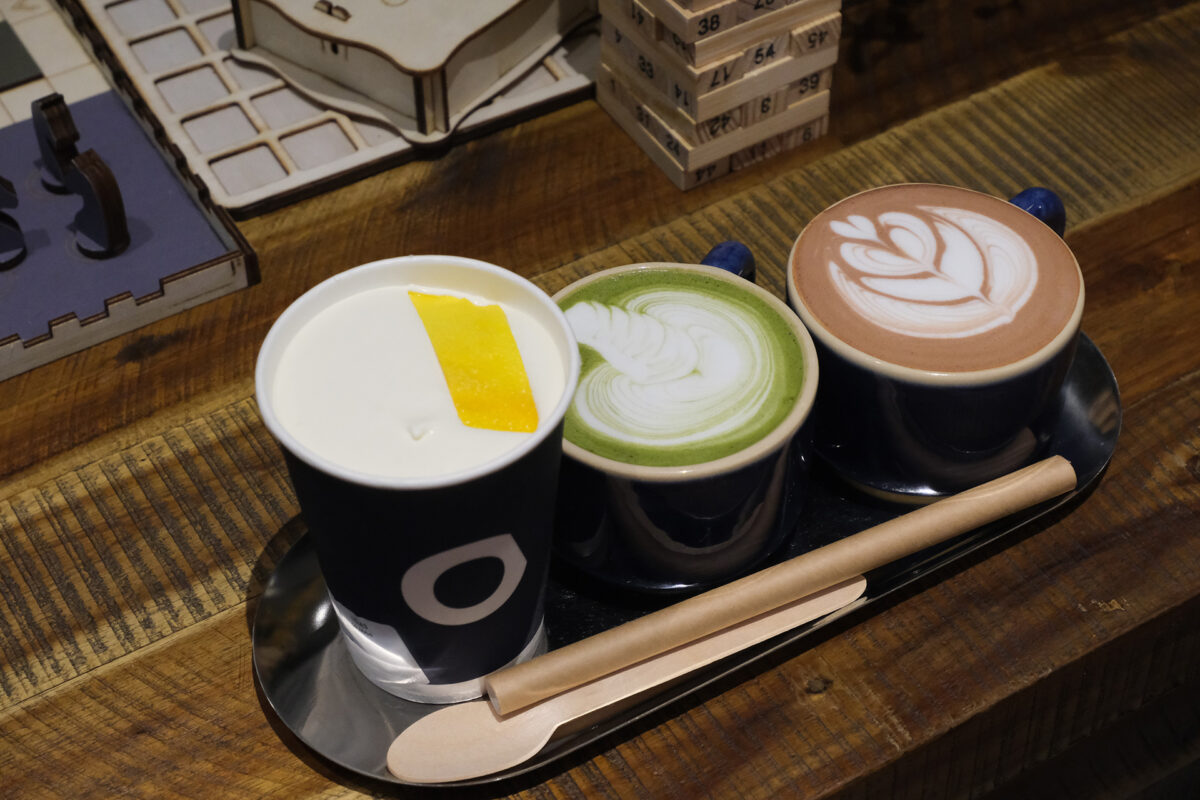
The focus is on creating a warm, cozy space where people can enjoy their drinks, hang out with friends and have a good time. There’s seating outside for warm, sunny days. Inside, you’ll find cushy couches and board games while a tiny boutique sells handmade bags, coin pouches, and notebooks, all Indigo-themed. The cafe’s impressive brew station hosts a black Eureka Helios 75, espresso machine, V60, and a delectable selection of freshly baked pastries. This is an excellent place to try a tangerine-infused Americano or try a delicious iced coconut coffee.
Àla

Àla feels like going home after a weary day for a cup of hot coffee, but you get to sit next to strangers—mostly Vietnamese students and tech workers—who are busy on their laptops. This gorgeous, two-story cafe with a rooftop sits in an even more beautiful tropical garden. It has clean white interiors, wall creepers, and a main floor bar where sunlight filters in through the roof’s glass panes.
Coffee here is excellent, and every cup comes with tasting note cards. During my visit on a rainy day, I tasted a Panama Gesha espresso brewed on an eye-catching orange La Marzocco; it was wonderfully clean, bright, and acidic with a mix of floral, grape, and tangerine notes. Àla has an extensive list of light to medium and dark roasts, sourced from Ethiopia, Honduras, Brazil, and elsewhere. They are, quite literally, serious about their coffee here, and you’ll know it from the awards they’ve won, all proudly displayed on the cafe’s walls and shelves.

You’ll find Àla’s roasts on the counter, alongside a glass cabinet stacked with baked goods that pair well with the coffee. From time to time, this excellent space also hosts cupping and brewing sessions, so keep an eye out for their updates on socials.
XLIII Specialty Coffee
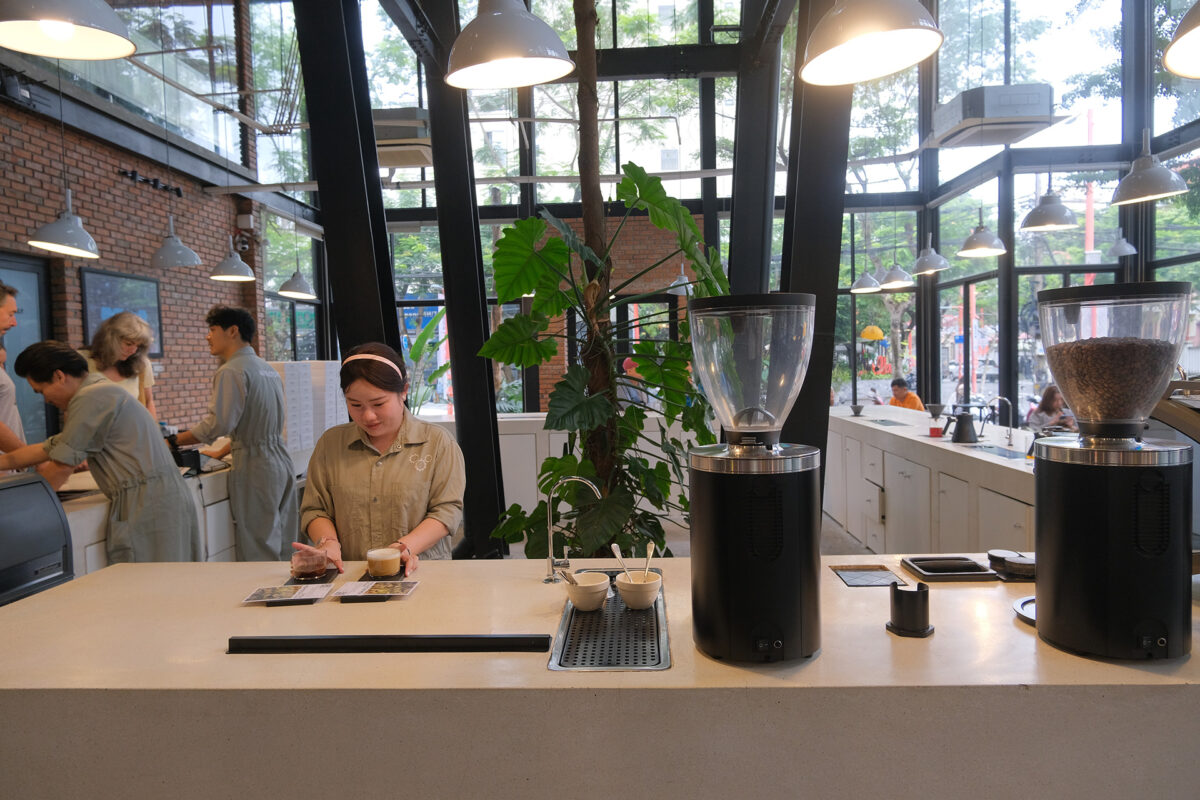
For our final stop, we head back to Da Nang’s bustling seaside, where you’ll find XLIII. This modern, contemporary coffee shop is only a few blocks away from Puna, but the two couldn’t be more different.
XLIII is perhaps the most expensive coffee bar you’ll find in Da Nang. But it explains why: you get excellent, high-quality coffee in a minimalist, industrial setting. The staff is friendly and knows quite a lot about coffee, so they’ll talk you through the process, from picking your roast to different brewing methods—machine-drip, pour-over, and milk-based—to highlight the flavor profile of each blend.
There’s an extensive selection of light roasts focusing on the origin. You’ll get Nueva Alianza Red Gesha grown in the mountains of Peru which is subtly acidic and sweet with citrus, apple, and jasmine. Other light roasts include Sudan Rume from Colombian producers and Volcan Valley grown on the slopes of Panama’s Baru Volcano. The food is equally impressive, with sourdough croissants, buttery madeleines, and parma ham sandwiches.
Outside seating surrounds greenery and koi ponds, which makes it an ideal spot for a slow, relaxed evening. XLIII was first established in Da Nang, but it’s now grown to four outlets across Vietnam, two of them in Ho Chi Minh City.
Zinara Rathnayake is a freelance journalist based in Colombo, Sri Lanka. Read more Zinara Rathnayake on Sprudge.
Photos by Nathan Mahendra




